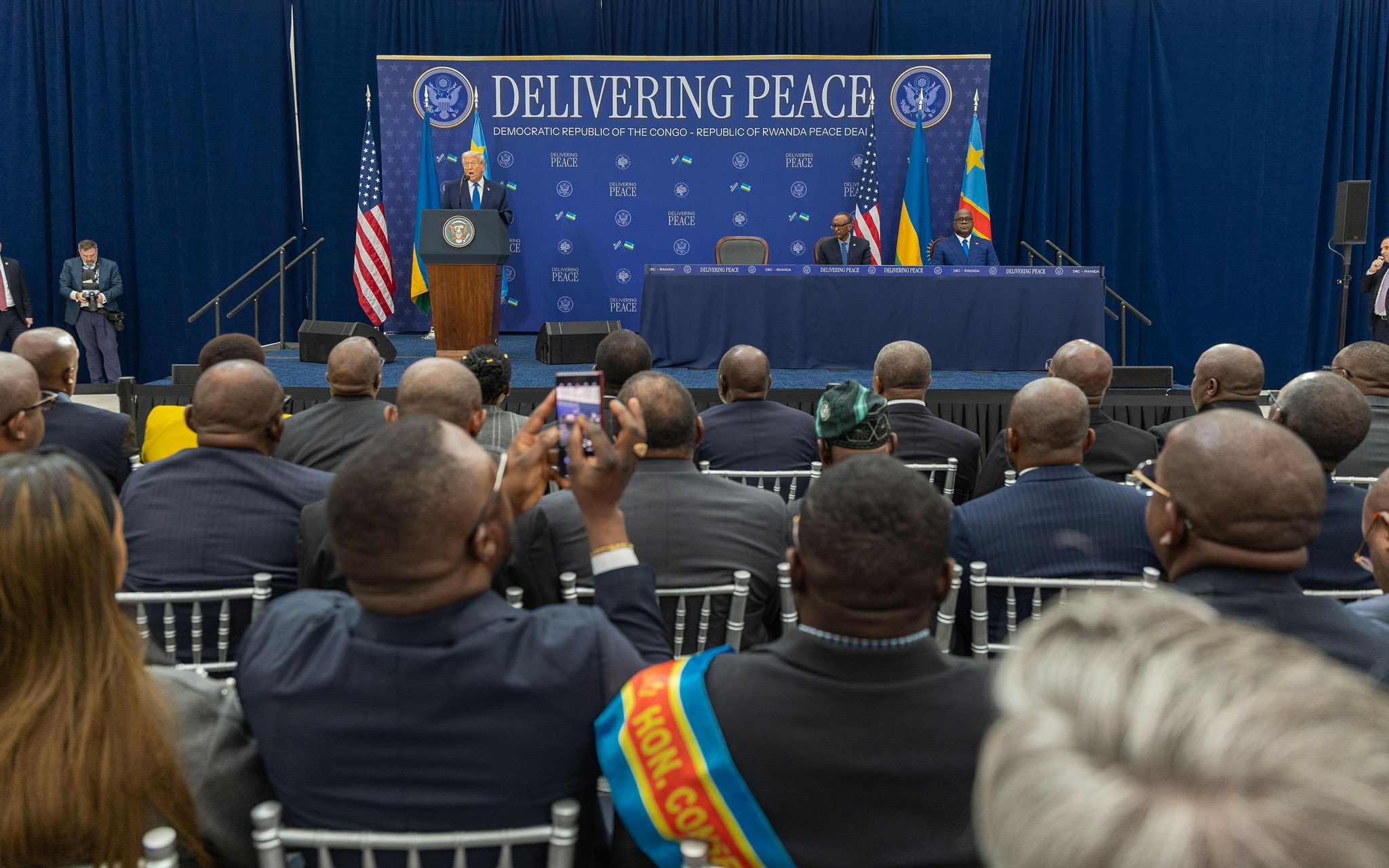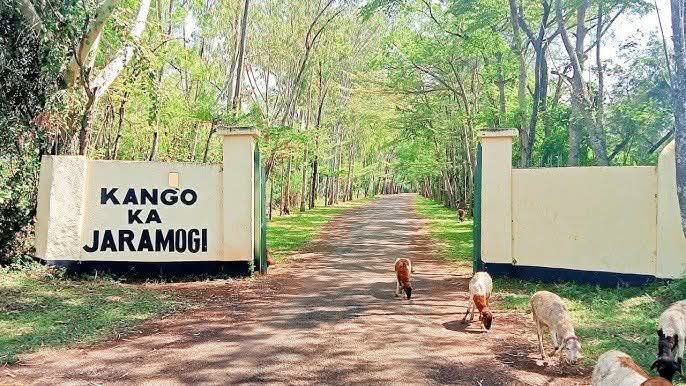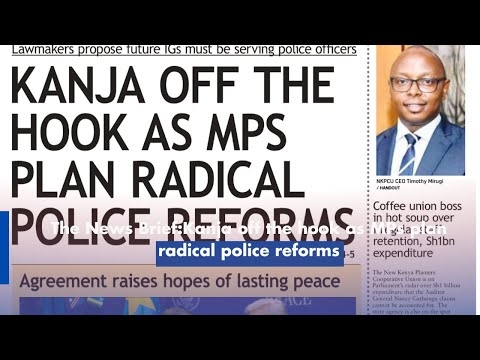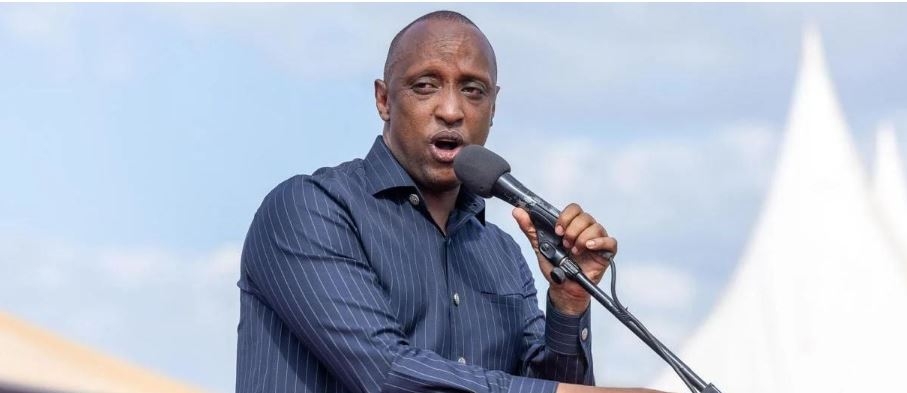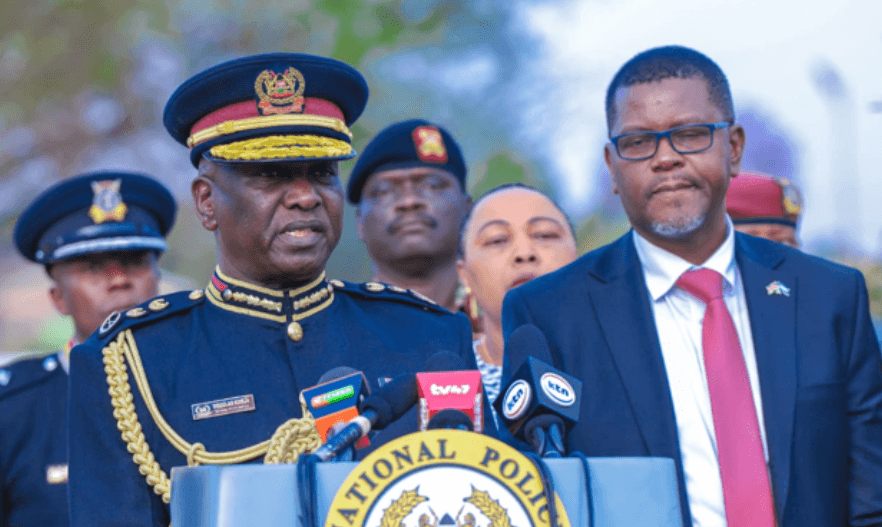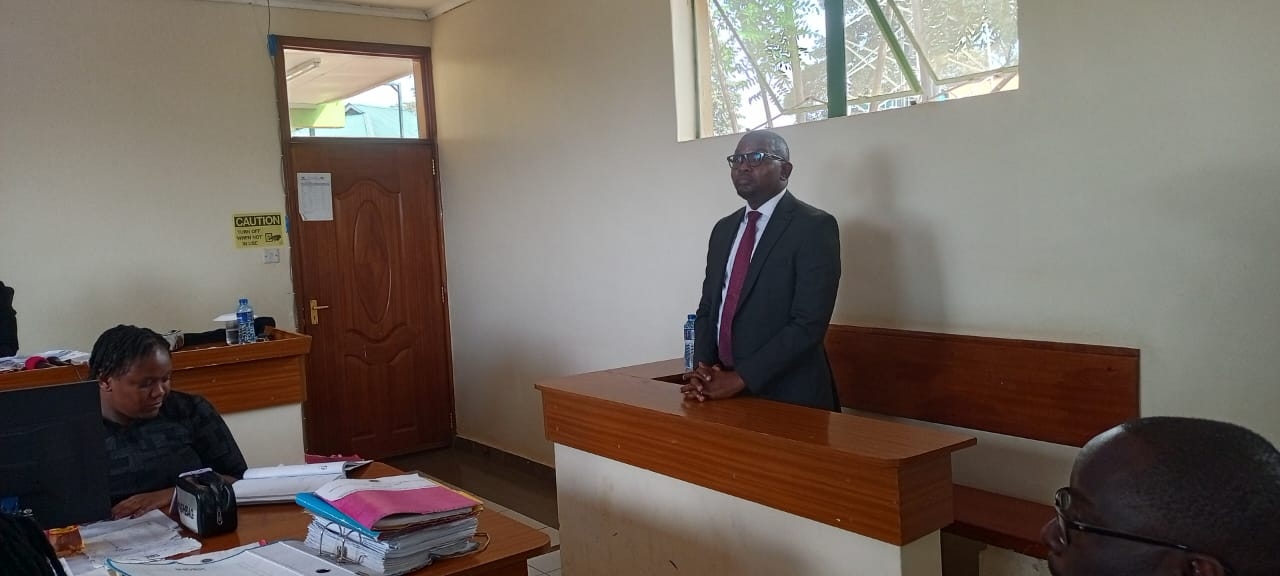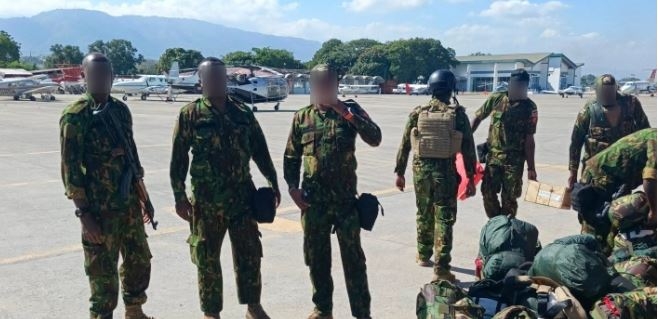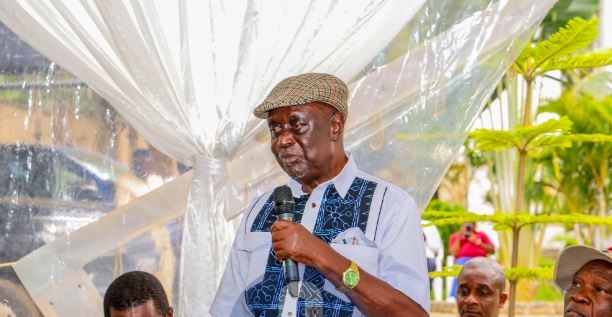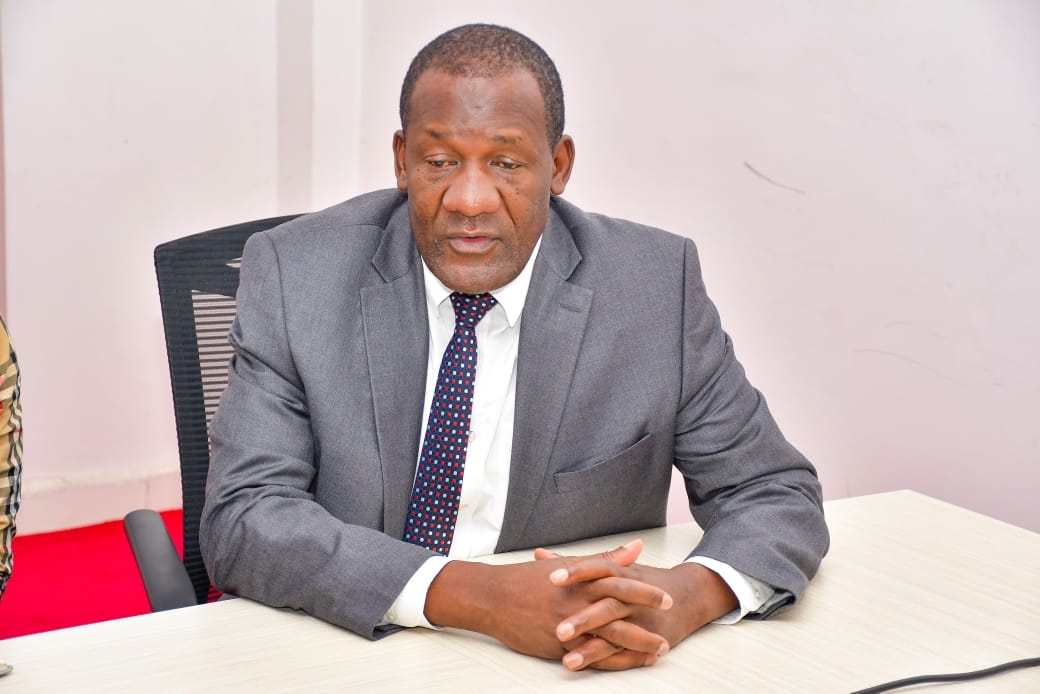COP 28 President Designate Sultan Al Jaber has said he is going to hold every country and stakeholder accountable to keep the 1.5°C target within reach.
He was speaking on Wednesday during a press briefing with the United Nations Framework Convention on Climate Change(UNFCCC) Executive Secretary Simon Stiell.
They were outlining the preparations and priorities for COP 28 set to kick off in Dubai from November 30 to December 12.
“Every meeting I have conducted with every government or any other stakeholder has always been centred around one thing and that is my COP28 agenda. How we have collectively for the first time ever, adopted a mindset that is centred around implementation and action to keep 1.5°C within reach," he said.
"I aim to achieve the highest ambition in the Global Stocktake (GST) decision."
The COP 28 President Designate said there is a need to reduce the gap between ambition and action.
Al Jaber said those who made a promise must deliver and who pledged, must act.
The Executive Secretary UNFCCC on his part said entire global populations will benefit from the boldness of the decisions made in COP 28.
“We enter this COP at a period where progress is being made in the fight against climate change, but it is just not enough, and it is not fast enough," Stiell said.
Leading Climate Scientists urged African leaders ahead of COP 28 to reject fossil fuels.
Close to 50 scientists and more than 2,000 youth across 30 African countries have called on leaders to seize the opportunity to transition the continent to 100 per cent renewable energy.
They asked African leaders to reject the destructive path of fossil fuels.
In an open letter addressed to African Heads of State, the scientists decried a new scramble for oil, gas and coal in the continent, driven by former colonial and neocolonial powers.
A Professor at the University of Kisangani, Corneille Ewango said instead of catching up with grounding Africa’s energy systems in the 21st century, we’re being locked to the old and dirty for the benefit of few.
"We are left to deal with stranded assets that would remain. From Mozambique to Uganda and across different African countries, we are witnessing new fossil fuel investments that are incompatible with the Paris Agreement and its 1.5°C warming limit," he said.



